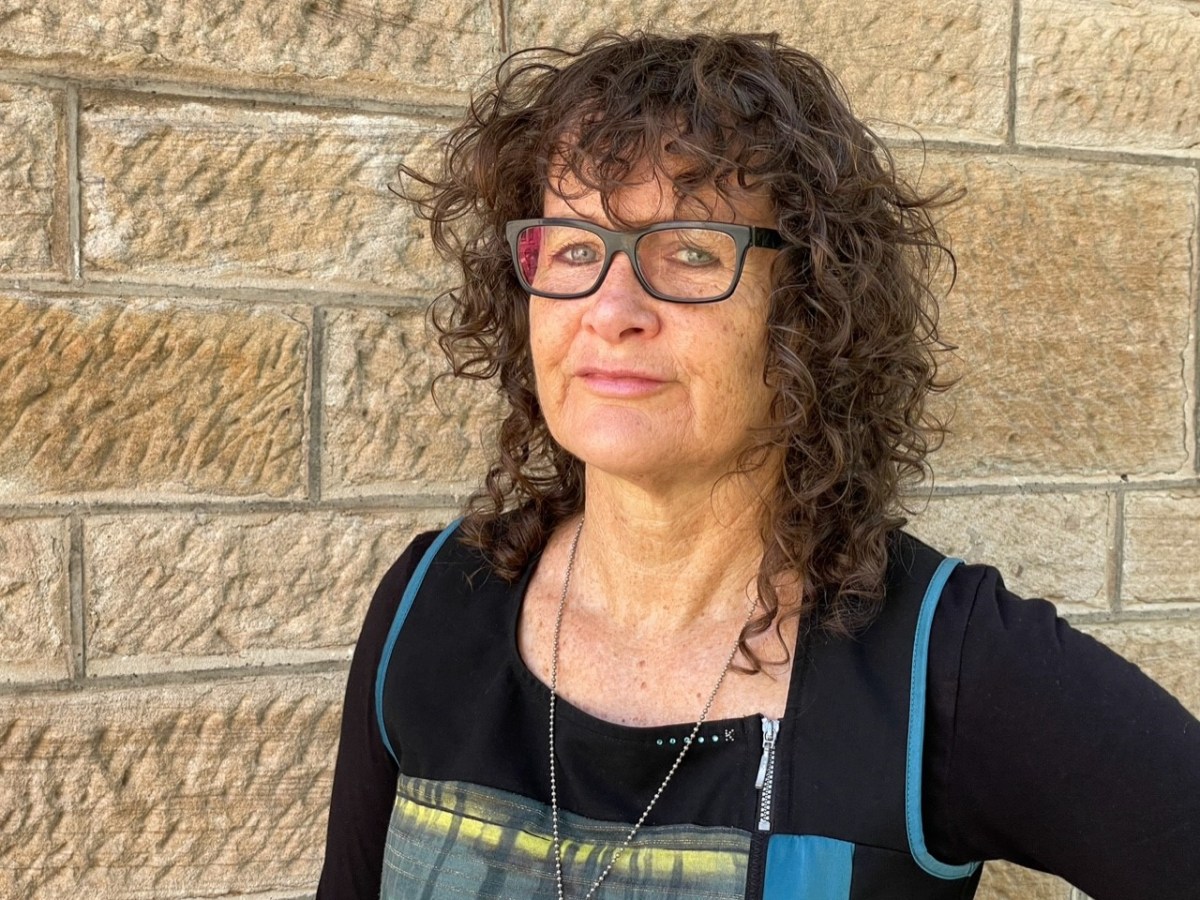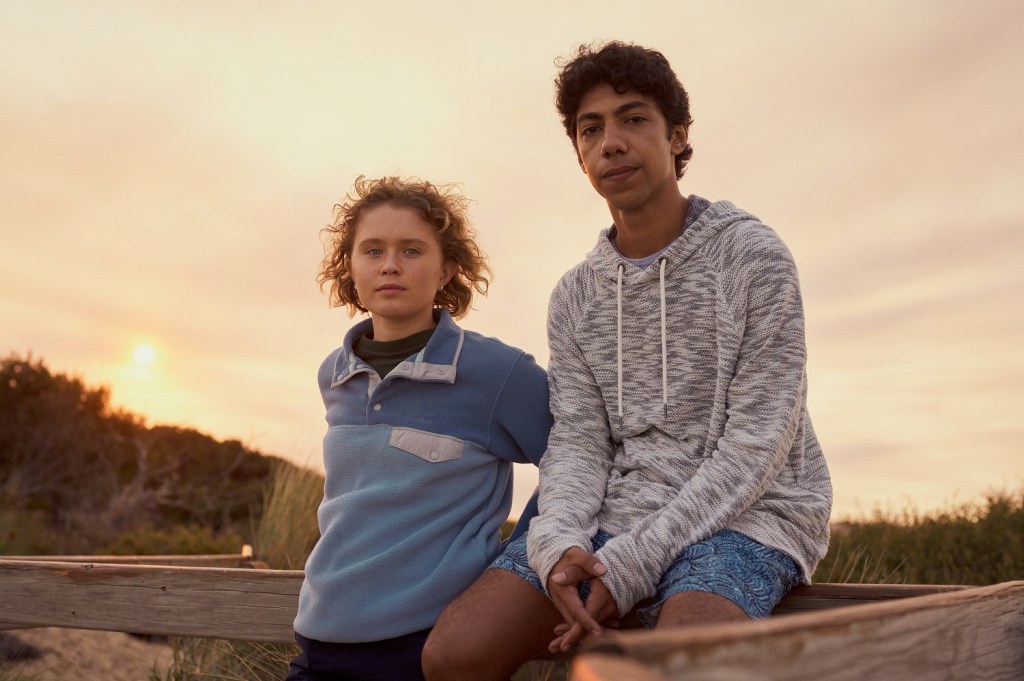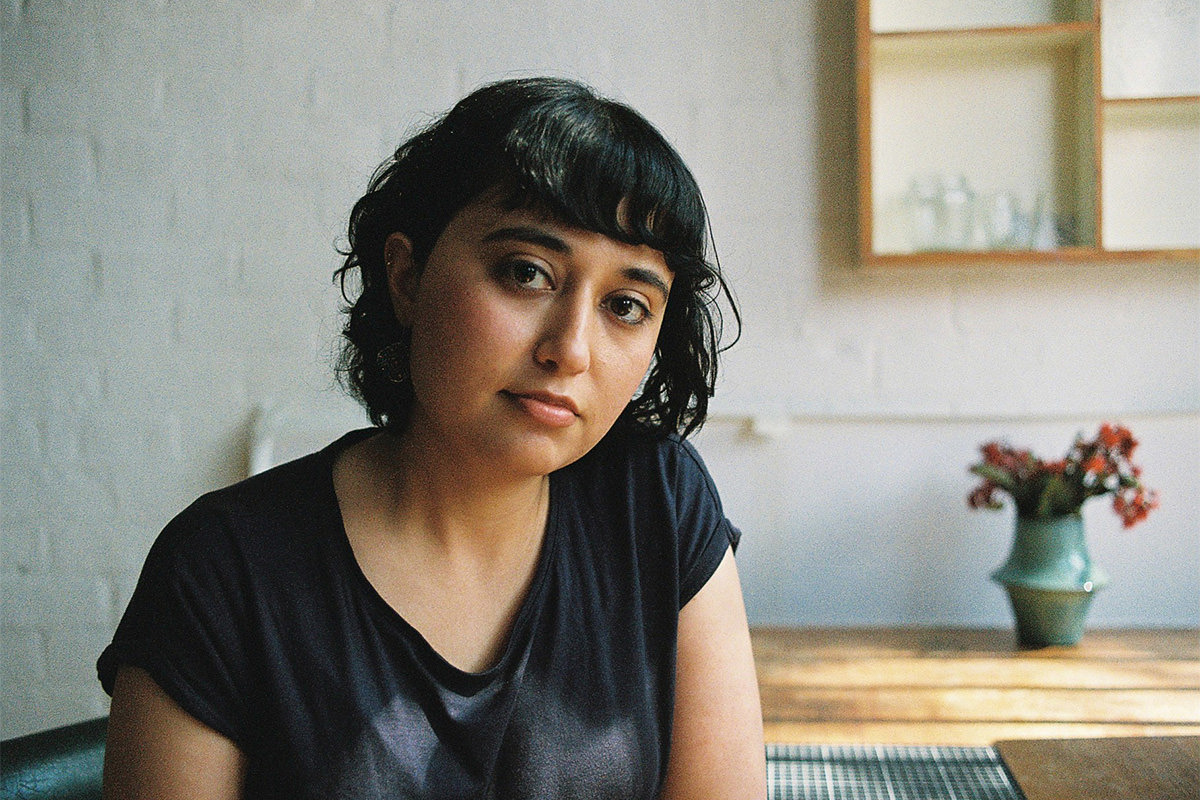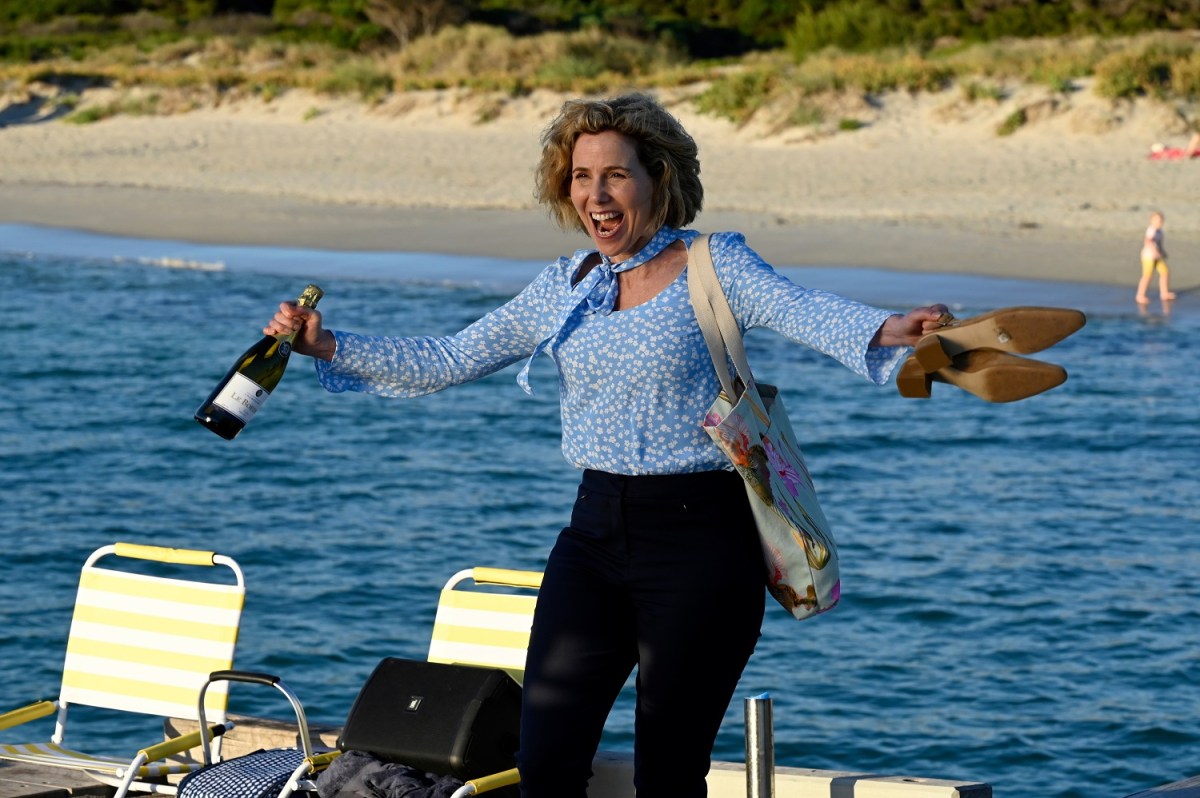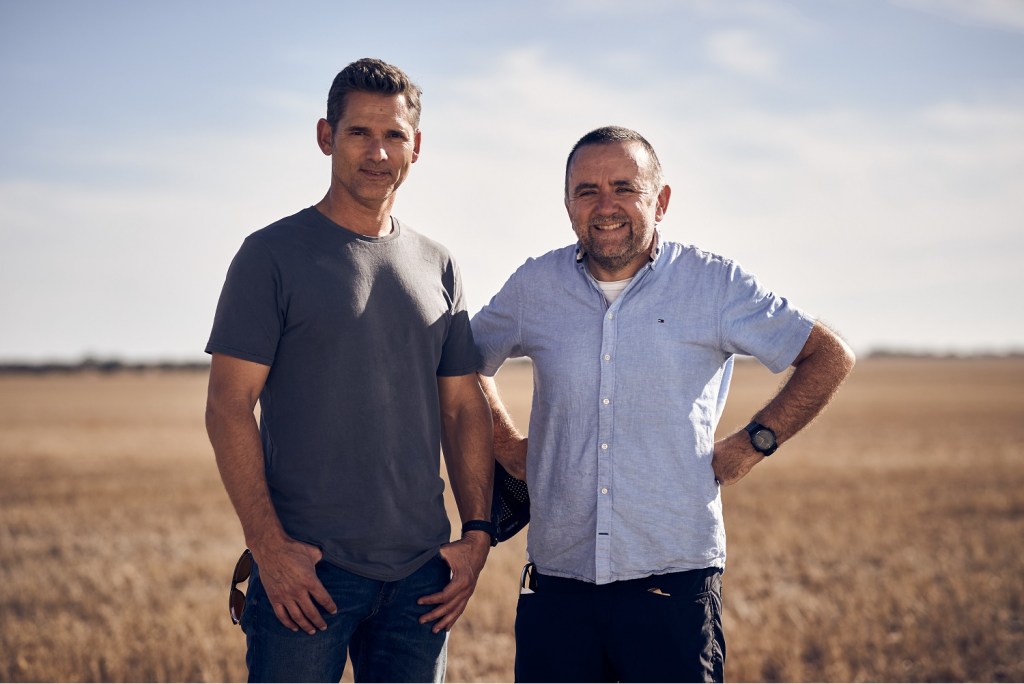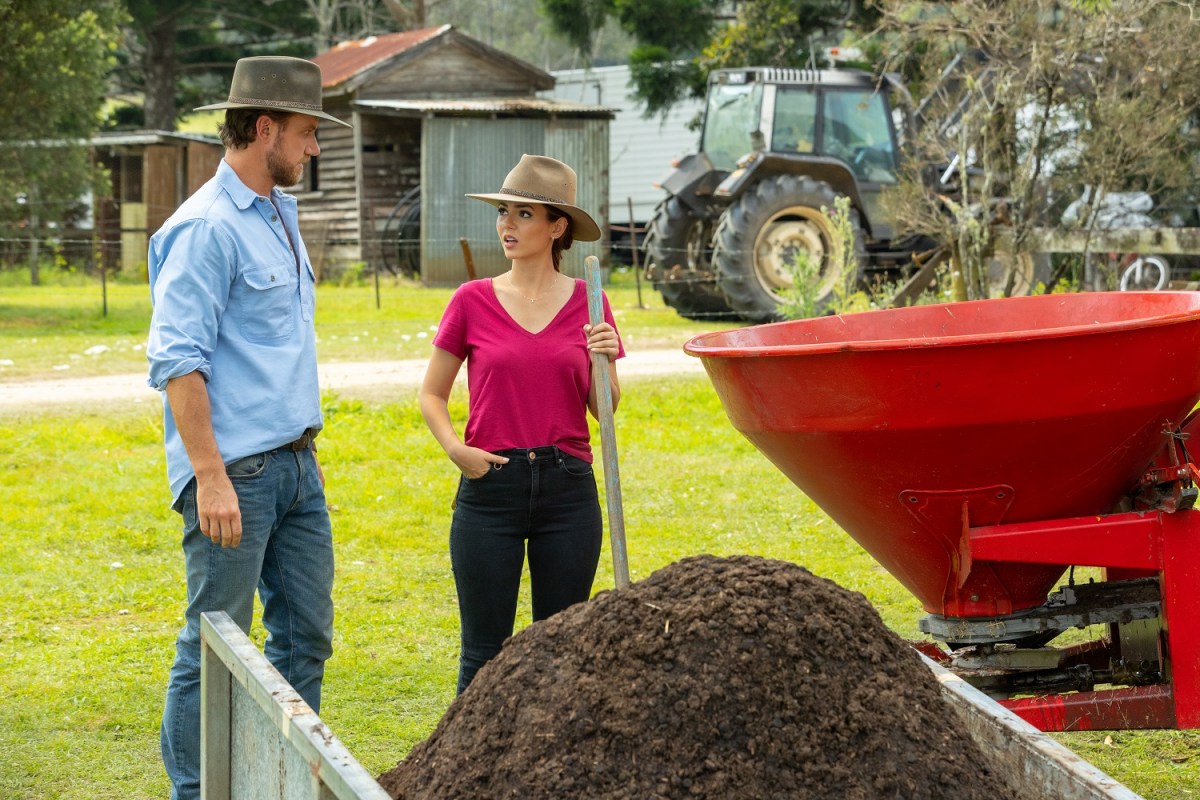- By Brock Swinson
- June 9, 2022
This entry is part 1 of 2 in the series Judd Apatow
Judd Apatow
- “The Depth Of Comedy Characters” Judd Apatow on ‘George Carlin’s American Dream’ & Beyond
- “Unconscious Levels of Funny” Judd Apatow on ‘Sicker In The Head’ & Beyond
“When I was a kid, all I wanted to do was stand-up. I probably had some idea of being Eddie Murphy or Bill Murray, like we all did,” said Judd Apatow, “but I love the idea of doing stand-up. I did it for 7 years when I was in high school, took off a couple of decades and I’ve been doing it for 8 years since.”
Judd Apatow is perhaps best known for work in the film world, writing movies and television like The Ben Stiller Show, The Larry Sanders Show, Freaks and Geeks, The 40-Year-Old Virgin, Knocked Up, Pineapple Express, Funny People, and This is 40, among others.
But he’s also known for mentoring rising stars, such as with Lena Dunham for Girls, Pete Holmes for Crashing, Amy Schumer for Trainwreck, and Pete Davidson for The King of Staten Island. Somehow, between all these projects, he’s also created documentaries about George Carlin, Garry Shandling, Darryl Strawberry, and The Avett Brothers, published books of interviews with famous comedians called Sick in the Head, and a follow-up Sicker in the Head. The thread through all of these avenues, however, is comedic storytelling.
“It’s like a tuning fork, where it’s fun, but it also services all of my other writing and all of my other projects,” he said about stand-up, specifically in regards to his 2017 special, The Return. “You really feel like you understand the audience and you’re taking in information on an unconscious level of how to be funny.”
Comedy Movies Today
Apatow referred to comedy movies today as a “hedged bet.” He said, “It’s a weird moment because before the pandemic, things were moving towards action and spectacle. A lot of that has to do with the fact that a comedy film doesn’t travel well. It’s not like your comedy is going to be gigantic in China. A lot of studios want that potential.”
Essentially, since many blockbuster films cost $200 million to make, studios will occasionally allow for a $20 or $30 million dollar comedy to be made as a hedged bet. If they make a handful of these, perhaps one will do well. Regardless, most recent comedies are action-comedies.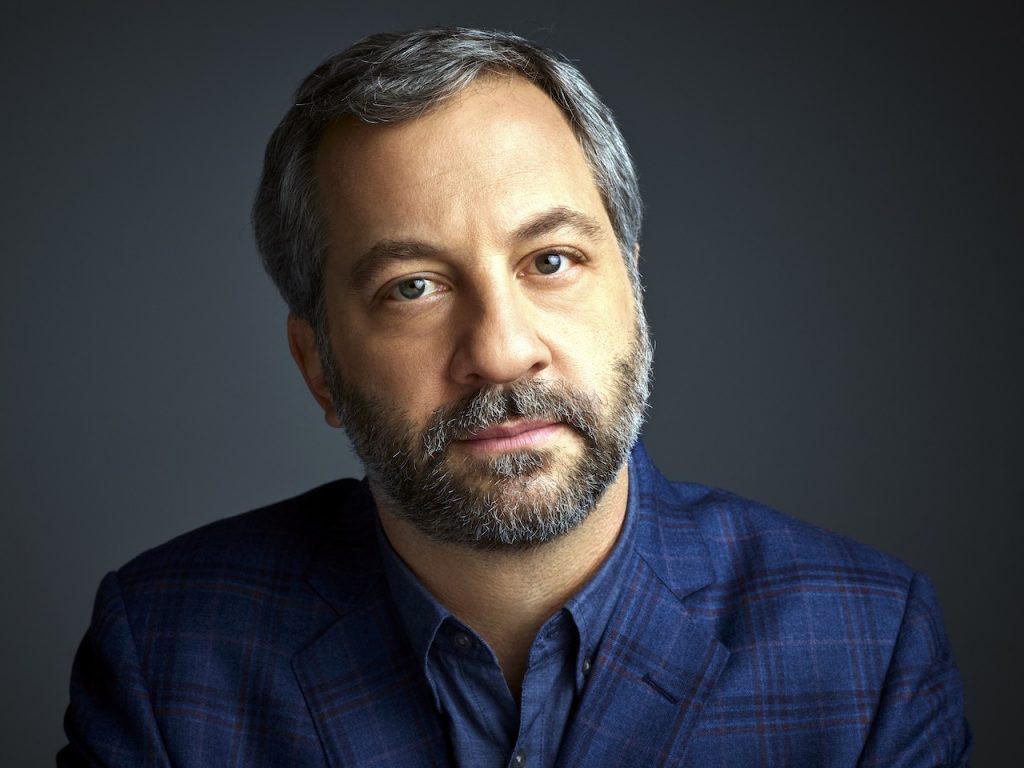
Judd Apatow. Photo by Mark Seliger
“It’s an understandable business approach, but it does train the audience [to understand] there aren’t going to be that many comedies when there used to be a lot more. When the pandemic happened, people just thought, I should just get everything at home.”
Apatow and his peers are hoping things go back to a time when the theaters are full and safe. “When people have an experience of communal times where they’re laughing their asses off, hopefully they realize that’s something I want in my movie diet.”
Currently, Apatow is listed as a Producer on the R-rated comedy Bros, which is essentially the first gay rom-com. Billy Eichner is the star and writer. Nicholas Stoller is listed as the writer/director. “It’s riotously funny and a really well-made emotional movie, [but] it’s a test to see if people are going to leave their homes to go to the theaters [this September].”
Voice-Driven Comedies
“I like breaking new people. I like new ideas, new territories,” said the screenwriter about the types of films he wants to make. “I don’t want to be generic or hacky, so when someone has an idea I haven’t heard before or it comes from a community that’s underserved, I like to try to make films in those areas.”
The writer/director/producer said he’s been able to get a lot of films made, but there are just as many that the studios have refused to make. “Like Bros, there hasn’t been a mainstream comedy about the gay community. There’s some on streaming, but we wanted to take a big swing. This should be a When Harry Met Sally-type of movie.”
The initial tests performed well, so now the creators are excited to see how this original movie will hit audiences in the Fall. Across the board, it’s clear Apatow is interested in story, but also voice. “I’m very interested in the story, but as a fan of comedy, so much of it is the personality. You see John Belushi in Animal House or Bill Murray in Caddyshack.”
He continued, “My mind goes to people first, but there does need to be a story.” In another example, he mentioned Kristen Wiig wanting to do a movie about a maid of honor who can’t afford to do it, which became Bridesmaids. This started because he loved Kristen Wiig and wanted to help her find a vehicle to show off her talents on the big screen.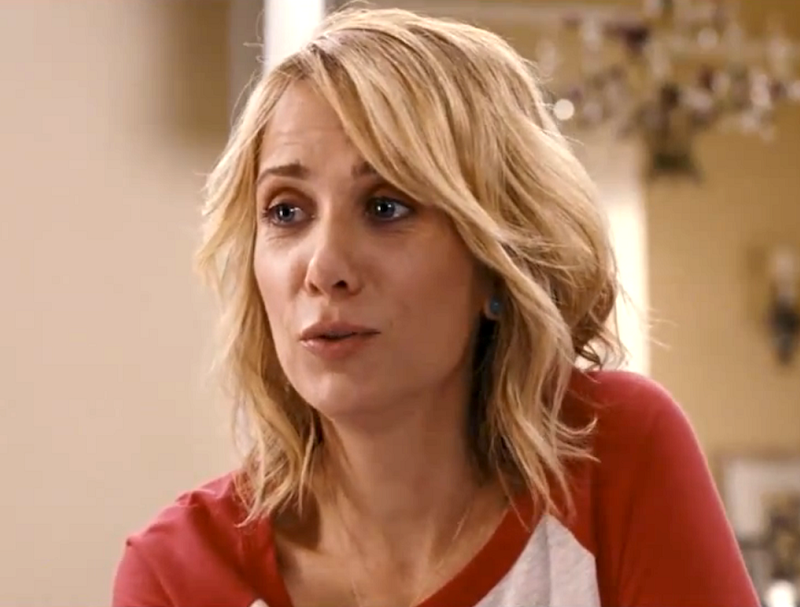
Annie (Kirsten Wiig) in Bridesmaids
“I wish there was a movie that was all about her. As a fan, I want to see them, but they have to have a great idea or it ends there. I just always want to have something I’m working on that I’m deeply passionate about. I want each one to feel like it’s the first one or the last one.”
The Documentary Movement
While working on Funny People, Apatow hired a crew to do a documentary about the making of Funny People. “I think it’s equally as good as the movie. I think I was looking for a way to get closer to the documentary world.” A few years later, Apatow joined Lena Dunham for Sundance’s Iconoclasts in a conversation about comedy and officially got the documentary bug.
“I saw the cut and was really moved about how it was put together. Garry Shandling introduced me to Rick Rubin and Rubin said I should do something with The Avett Brothers. He said, ‘Life is better when you’re around them.’ They were working on a new album and he thought we could shoot some stuff.” Apatow decided to follow them around on his own dime.
Through this unique path, he stepped into the documentarian world. Ironically, since the Avett Brothers didn’t really have any quarrels as a band, the creators realized there wasn’t drama. “I didn’t think there was a story because they were nice and nothing was happening, then we realized that’s what it’s about. It was a beautiful, musical poem about this love and this journey.”
Soon after, he worked on a 30 for 30 for ESPN about Dwight “Doc” Gooden and Darryl Strawberry. When making documentaries, Apatow is concerned with covering someone’s entire life so much as “what defined them.” In Doc & Darryl, the ball players had unique backgrounds that led to their careers in Major League Baseball. In the George Carlin documentary, the story was more about Carlin finding himself, discovering his voice, and being open to change and then redefining himself decade after decade as a stand-up.
“What happened to George Carlin that made him such a critical thinker and rebel? In documentaries, you can go deep. That’s what’s interesting to me. That’s what I do in movies too. What happened to Pete Davidson that led to his personality? Why aren’t Amy Schumer’s relationships working? There’s something similar about my interest in fiction and non-fiction.”
The 2022 book Sicker In The Head includes conversations with Cameron Crowe, David Letterman, John Mulaney, Kevin Hart, Margaret Cho, Whoopi Goldberg, and Will Ferrell, among others. By simply asking “how are you doing?” during the pandemic, Apatow felt he could grow as a creative and a person based on many of the responses from the interviews.
One particularly unique interview is between Apatow and Crowe, where both had unique upbringings around the icons they most admired. Apatow interviewed comedians for the school newspaper (stories which became the book Sick in the Head) and Crowe interviewed bands for Rolling Stone (stories which became the movie Almost Famous).
For these types of interviews, he reads a handful of Q&As or listens to podcasts to prepare. He felt a deep connection with David Letterman, who revealed he appeared to be having fun but was actually a ball of nerves. Apatow often feels the same way on set.
Judd Apatow. Photo by Mark Seliger
“When I was in film school, they were always talking about structure. I didn’t want to have any rules. I hated that they were trying to box me in. I even took a class with Syd Field where he basically read his book to us, but then I started writing spec scripts and I realized they were all correct,” he joked. “
Syd Field told him, “I know you don’t think you’re going to do this structure, but whatever you’re doing, you have to have this structure. The inciting event. The conclusion. I still use all of that today. I use the Syd Field paradigm.”
Audience Validation
Similar to stand-up, Apatow said you do feel the validation when an audience watches your movie, in terms of using the three-act structure or Chris Vogler’s examination of The Hero’s Journey. “It’s one of the best books you can buy on storytelling,” he said of Vogler’s book.
Based on Apatow’s response, he writes his own version of the story first, then re-examines The Writer’s Journey to see “which story” he’s doing or to help with missing plot points. “Even with weird things like You Don’t Mess with the Zohan, it is ironically a reluctant hero’s journey.”
Using these methods helps Apatow take risks in his career. “I think they’re all risks because in comedy, they’re all risks. You just never know if it’s going to work. Like, would someone watch a movie about a 40-Year-Old Virgin? Is that the worst idea you’ve ever heard in your life?” he joked. “Steve [Carell] and I said, well, let’s make it totally credible. He’s a normal sweet guy and [sex] just got past him.”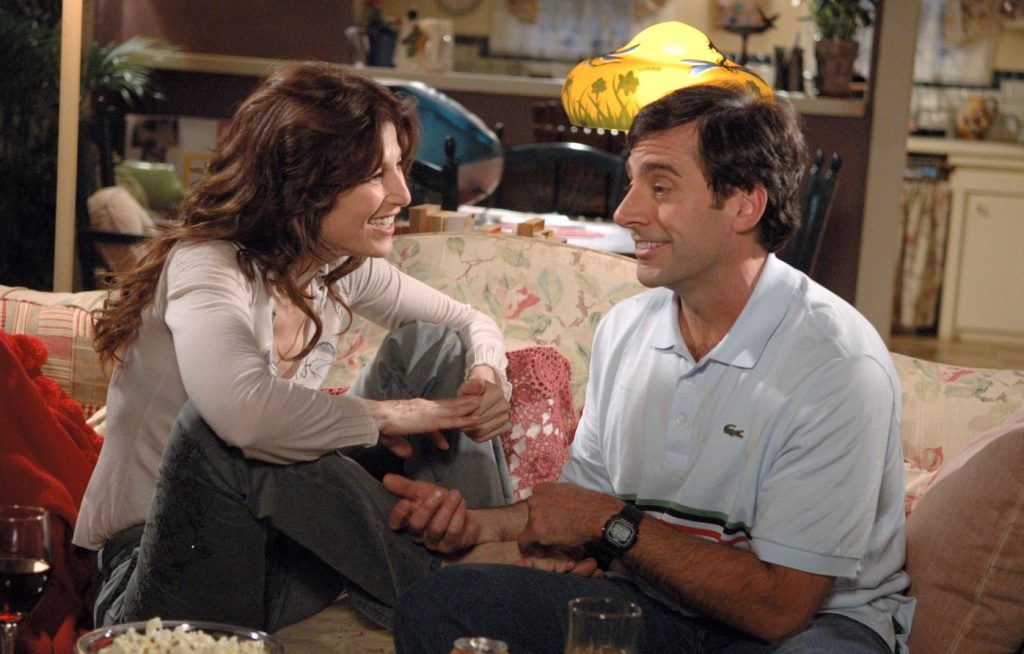
Trish (Catherine Keener) & Andy (Steve Carell) in 40-Year Old Virgin
He continued, “Maybe it’s about relationships. He has to figure out how to have a relationship and that’s way more complicated than just sex. All of his friends are trying to have sex, but he finds love,” he said, adding that Garry Shandling helped with the overall theme.
Then, there are shifts within films in terms of risk. The King of Staten Island was meant to be more grounded where The Bubble was meant to be like a Mel Brooks-like satire about the pandemic. “Can you be funny about it? Can you talk about isolation and the weird feelings we have when we’re forced to be in isolation?”
In terms of advice for screenwriters, Apatow said “you can usually tell when someone has a voice.” He continued, “If someone is writing with some specificity and you feel the soul of someone in the writing, it’s clear when someone is generic and when someone is coming across to you.”
“I remember, a long time ago, some producer said you can open up to any page and tell if it’s worth reading and if that person knows what they’re doing. It sounds horrible, but it’s kinda true. I just always tell people to write about something you really care about. You can tell when people are writing to make money, but writing is always better when you’re offering something and giving yourself. You have to go all the way.” This interview has been condensed.
Listen to the full audio version here.Series Navigation<< “The Depth Of Comedy Characters” Judd Apatow on ‘George Carlin’s American Dream’ & Beyond
